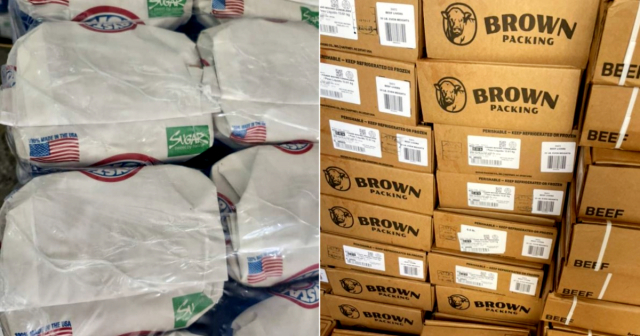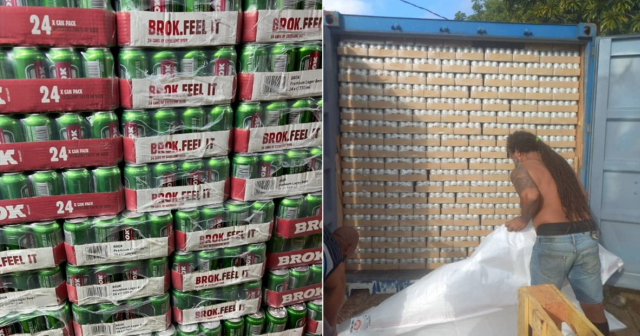Cuban businessmen have imported vehicles from the United States worth more than $20 million, since the Biden administration authorized these transactions to the “new economic actors” approved by the Cuban regime.
And report of the US-Cuba Economic and Trade Council (USCTEC) revealed that Cuban imports of new and used vehicles (including motorcycles and spare parts) exceeded 20 million dollars in the last 15 months.
Only in purchases of used cars (from 1,500 to 3,000 cubic centimeters of displacement), owners of small, micro and medium-sized businesses (MSMEs) More than 13 and a half million dollars ($13,575,731) were left in the first quarter of this year. In 2023, second-hand cars represented an outlay of $4,385,612.
Data for the first quarter of 2024 indicate that in vehicles designed mainly for the transportation of people, including pickup trucks, imports by Cuban businessmen amounted to $295,218.
Special purpose vehicles ($184,927), 20-ton trucks with diesel and electric engines ($123,300), and ignition-powered passenger vehicles with more than 6 cylinders and more than 3,000 cc (109,500), ranked next in the board.
In electric motorbikes, imports from the United States amounted to $55,400. Other trucks for transporting goods with different features and mechanical characteristics totaled $298,059.
In the spare parts section, the largest item corresponded to road wheels and vehicle parts ($30,760), followed by motorcycle parts ($25,811), trailers and semi-trailers ($10,000), brake and power brake spare parts ($3,066), body and bumper parts ($2,881) and tractor parts ($2,620).
On the other hand, from January to December 2023, Cuban businessmen imported from the United States vehicles and parts worth almost 10 million dollars. Of these, new cars meant an outlay of $357,442.
The purchase of motorhomes (worth $186,500), as well as the acquisition of second-hand tractors for agricultural use ($147,247), are among the striking data for 2023.
Since, at the end of April of that year, The United States Department of the Treasury granted licenses to Miami businessmen For shipping cars, trucks, tractors and even trailers to self-employed workers in Cuba, the streets of Cuba have witnessed a proliferation of imported private cars.
"The permit is aimed at small and medium-sized companies, so that they can import their cars for exploitation," he explained at that time. Eduardo Aparicio, from Apacargo Express, one of the agencies that received the export license. "The first thing [the interested party] has to do is contact the importer and fill out their invoice form so they know the tax they are going to pay."
According to this businessman, "Cuban Customs actually charges very little, the one who charges is the importer, who is charging 30% of the invoice value of the car." In that sense, he estimated that for a $20,000 dollar car in the United States, the interested party will have to pay $6,000 dollars in taxes and about $10,000 dollars in logistics and documentation, for a total of approximately $36,000 dollars.
Given the growing number of American-made vehicles that roll around the Island, There are many Cubans who wonder what the “blockade” the regime is talking about is.
The same question is asked by those who have seen increase imports of food and agricultural products from the United States to Cuba. In March alone, they reached $40,624,058, a significant increase compared to the $20,475,934 imported in March 2023 and the $25,929,536 imported in March 2022.
This notable doubling in imports of food and agricultural products reflects Cuba's growing dependence on US products and informs about the flexibility of the US embargo, which the Havana regime continues to blame for the economic crisis and use for propaganda purposes in campaigns that They call for the "lifting of the blockade."
What do you think?
COMMENTFiled in:






